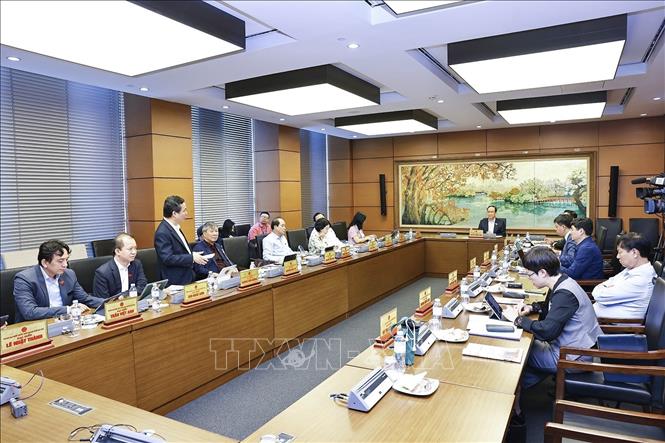
Agreeing with the issuance of the Resolution, delegates assessed that the draft Resolution has established a number of mechanisms and policies, creating a very important premise for implementing the standardization and modernization of education and training in the direction of integration. Delegates suggested that the Government and the Appraisal Agency continue to research and review carefully, adhering to the principle of not re-regulating issues that have been adjusted in the laws, only selecting and retaining mechanisms and policies that are truly necessary to remove obstacles and solve urgent needs.
Delegate Tran Thi Quynh ( Ninh Binh ) agreed with many mechanisms and policies regulating the development of human resources in the education sector; especially regulations on recruitment, reception, mobilization, transfer, and secondment of human resources in the education sector.
According to the delegate, this is a breakthrough mechanism in decentralization and delegation of power, suitable for practice, aiming to create a mechanism to solve the problem of local surplus and shortage of teachers. However, to ensure the feasibility of regulations on arrangement, assignment and change of job positions for these human resources in practice, the delegate said that there should be specific regulations on monitoring, inspection and periodic reporting mechanisms to ensure transparency and fairness in recruitment, mobilization and transfer of educational personnel.
The draft Resolution has assigned the Director of the Department of Education and Training to exercise the authority to recruit, receive, mobilize, transfer, and second teachers, managers, and employees for public educational institutions in the province. At the same time, it has assigned the Chairman of the Commune People's Committee a part of the authority within the scope of educational institutions under his management.
Delegate Le Thu Ha (Lao Cai) proposed to clearly define the scope of mobilization involving two or more commune-level administrative units. The review report pointed out that the current writing can be understood as extending to two different provinces, while the director of a department of a province cannot have authority over personnel of another province. Therefore, the delegate proposed to clearly revise it to "involving two or more commune-level administrative units in the same province" and if there is an inter-provincial mobilization, it must be carried out according to the regulations and authority of the higher authority.
In addition, the draft Resolution needs to supplement the monitoring mechanism and make the recruitment and transfer process transparent. Currently, the draft Resolution only mentions the authority but does not have regulations on accountability, periodic reporting, and information disclosure. Delegates proposed to supplement the requirement to build and operate a human resources database in the education sector at the provincial level, and to publicize the list of successful candidates and transfer criteria. Along with that, design an independent inspection and audit mechanism for the recruitment, transfer, and secondment of teachers, especially in areas sensitive to human resources.
Highly appreciating the regulation on minimum vocational allowance of 70% for preschool and general education teachers; 30% for staff and 100% for teachers in extremely difficult areas, border areas, islands, and ethnic minority areas, delegate Le Thu Ha pointed out that this is a policy with a huge impact on the budget. Therefore, the delegate suggested that the Government should submit a Resolution on the medium-term financial plan for 2026 - 2030 for this group of policies, to avoid the situation where the regulations are very good but resources cannot be allocated for implementation or are implemented at a moderate level. Regarding the roadmap, priority should be given to implementation for teachers in extremely difficult areas, ethnic minority areas, borders, and islands, where there is a serious shortage of teachers and a risk of resource loss.
Commenting on the draft Resolution of the National Assembly on mechanisms and policies to effectively implement Resolution No. 72-NQ/TW dated September 9, 2025 of the Politburo on a number of breakthrough solutions, strengthening the protection, care and improvement of people's health, delegate Lo Thi Luyen (Dien Bien) said that currently, communication work needs to emphasize "All people must participate in buying health insurance, only with health insurance can they enjoy the policy of free hospital fees". In addition, it is also necessary to propagate so that people understand that the policy of free hospital fees will be implemented according to the roadmap "people are exempted from hospital fees at a basic level within the scope of health insurance benefits according to a roadmap suitable to the socio-economic development conditions of the country". Because, according to the delegate, in current public opinion, when hearing about the policy of free hospital fees, many people understand that "they do not have to buy health insurance, when they are sick and need treatment, the State will take care of everything".
In the morning session of November 17, the National Assembly also discussed in groups the draft Law on National Reserves (amended).
Delegates requested the Government to direct the further completion of regulations in the law, especially new policies such as strategic reserves, socialization of national reserves and regulations on decentralization and delegation of power.
The provisions on the State's policy on the socialization of national reserves in Article 4 of the new draft Law are mainly "encouraging" and "creating conditions"; there is a lack of financial incentive mechanisms such as tax and credit policies or regulations on the socialization of national reserves related to State secrets. Therefore, some delegates suggested that the drafting agency study and supplement regulations on tax, financial and credit incentives, mechanisms for repurchasing and rotating reserve goods, ensuring risk sharing, harmonizing interests between the State and enterprises...; perfecting regulations on inspection, examination, supervision, and mechanisms for mobilizing non-budgetary resources, in order to ensure transparency and sustainability of national reserves.
Source: https://baotintuc.vn/thoi-su/cong-khai-chi-tieu-kiem-tra-doc-lap-viec-dieu-dong-biet-phai-giao-vien-20251117134818154.htm


![[Photo] General Secretary To Lam and National Assembly Chairman Tran Thanh Man attend the 80th Anniversary of the Traditional Day of the Vietnamese Inspection Sector](https://vphoto.vietnam.vn/thumb/1200x675/vietnam/resource/IMAGE/2025/11/17/1763356362984_a2-bnd-7940-3561-jpg.webp)







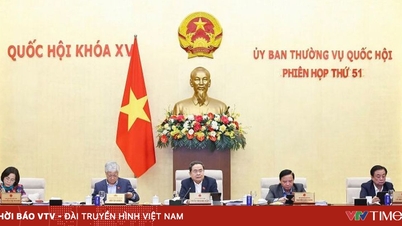


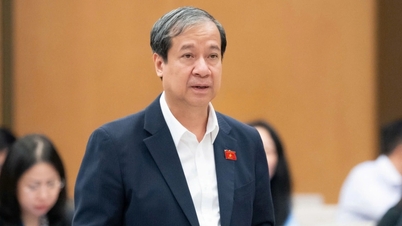

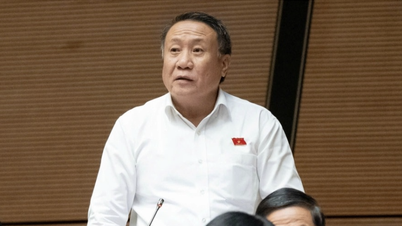



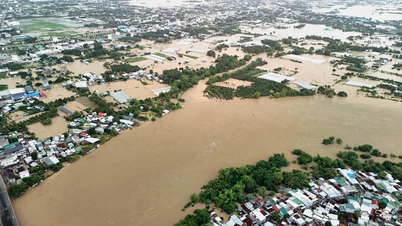



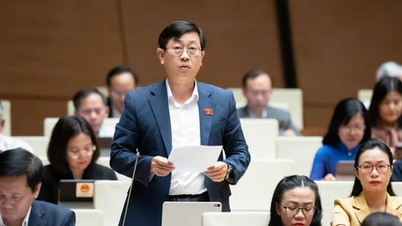


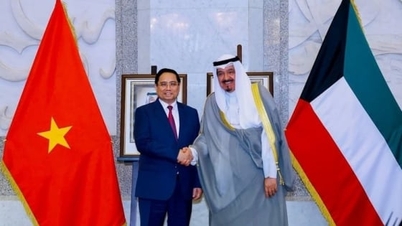





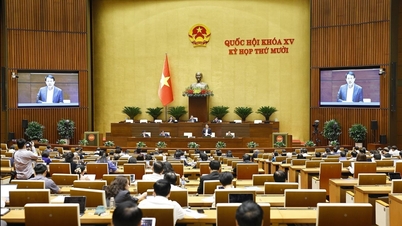
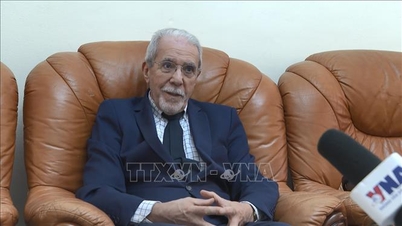

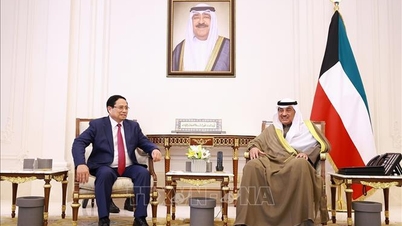
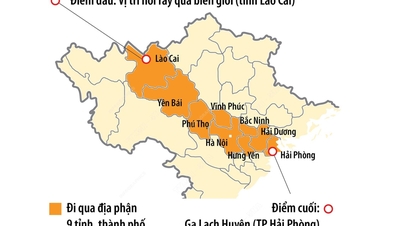



















































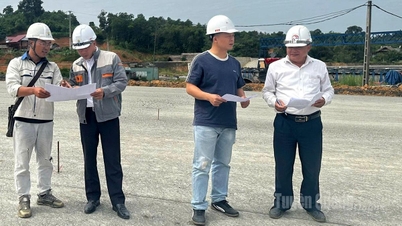

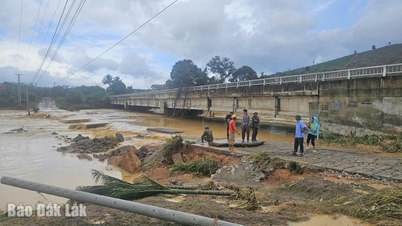



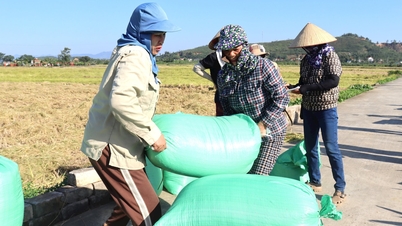














Comment (0)